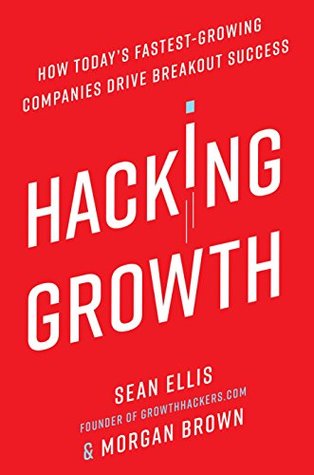More on this book
Community
Kindle Notes & Highlights
by
Sean Ellis
Read between
September 6 - September 26, 2017
If you’ve determined the product hasn’t made the grade, the first thing to do is to stop yourself from doing something that feels all too natural: guessing at what the elusive feature might be that may make your product more appealing to your customers. Sitting in an office with your smartest lieutenants and a whiteboard to hash out ideas for improvements may feel like exactly the right way to solve the problem, but trust us, that instinct is a head fake. It’s essential that you instead talk to users (on a deeper level than achieved through the aforementioned survey) to understand what the
...more
One of the key findings they drew on was introduced by psychologist Robert Cialdini in his business classic Influence: The Psychology of Persuasion. In a number of studies he references, it was discovered that once people take an action, no matter how small, as long as the experience wasn’t onerous, they are more inclined to take any action in the future. The explanation for this, he says, is that they have made a form of psychological commitment by taking the action, and people have a bias for honoring commitments with subsequent, follow-on actions, often regardless of the change in size of
...more
While the formula looks a bit intimidating, in reality it is straightforward. What the equation says is that the similarity between two items, A and B, is equal to the size of the intersection of A and B divided by the union of A and B. Let’s use our grocery app to walk through a quick example of how it works. Let’s say they want to test the hypothesis that recommending products that are typically purchased together in the app will increase the average order size of each shopping trip. In order to make these recommendations effective, they need to calculate the likelihood that people who
...more
This highlight has been truncated due to consecutive passage length restrictions.


